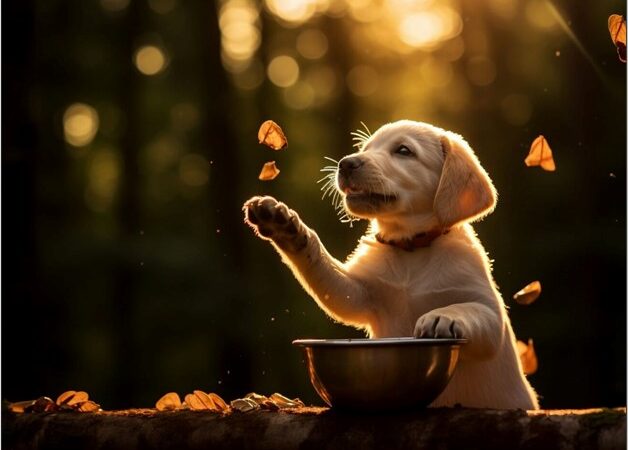Do you plan to sell or supply 6 or more pets?
If you intend to sell or supply 6 or more pet animals in a calendar year you must apply to be entered into the Register of Sellers and Suppliers of Pet Animals. You must also apply for registration in the Register of Premises used in connection with the sale or supply of pet animals.
Click here to view the application form for both of the above.
Do you keep 6 or more female dogs?
If you keep 6 or more female dogs which are more than 6 months old and are capable of breeding then you must register in accordance with the Dog Breeding Establishment Act 2010. Click here to view. Failure to register with your local authority is an offence under the regulations. The regulations may cover dogs even when they are not used for, or never will be used for breeding purposes. You must contact your Local Authority office to get an application form.
If you want to become a registered seller of pets or breed female dogs then you must follow certain regulations to ensure the welfare and responsible selling of animals. Here are the some of the steps to consider:
- Understand the Regulations: Familiarise yourself with the relevant regulations and laws in Ireland governing the sale of pets. The primary legislation is the Animal Health and Welfare Act 2013, which sets out the requirements for animal welfare. Additionally, the Sale of Pets Regulations 2019 provides specific rules for the sale of pets. Click here to view the Dog Breeding Establishment Guidelines 2018.Click here to view the full Code of Practice for Sellers & Suppliers of Pet Animals.
- Registration with Local Authority:
- Contact your local authority to inquire about the registration process for selling pets.
- Complete the necessary application forms, which may vary depending on your location.
- Pay the required fees associated with registration.
- Meet Standards and Criteria: To obtain and maintain your registration, you’ll need to meet specific standards and criteria, which typically include:
- Adequate housing and shelter for the animals.
- Proper sanitation and waste disposal.
- Sufficient space and exercise areas for the animals.
- Adequate food, water, and veterinary care.
- Socialization and mental stimulation for the animals.
- Records of the source, health, and vaccinations of the animals you sell.

- Source of Pets:
- Ensure that the pets you sell come from reputable sources.
- Avoid sourcing from illegal or unethical breeders, puppy mills, or dealers.
- Keep records of the source of each animal you sell, including the breeder’s information.
- Microchipping and Identification:
- All dogs must be microchipped and registered in a government-approved database. Ensure that all dogs you sell are microchipped and registered in the new owner’s name.
- Health Checks and Vaccinations:
-
Ensure that the pets you sell are in good health and have received appropriate vaccinations, deworming, and medical care.
-
Keep accurate records of these health checks and vaccinations.
-
- Record Keeping:
- Inspections:
- Be prepared for inspections by local authorities to ensure you are complying with all regulations and standards.
- Stay Informed:
- Stay updated on any changes to animal welfare laws and regulations in Ireland.
- Join industry organisations or associations to stay informed and network with other responsible pet sellers.
- Promote Responsible Pet Ownership:
- Encourage responsible pet ownership among your customers. Provide information on proper care, training, and the responsibilities of pet ownership.
Becoming a registered seller of pets is an important responsibility, and it’s crucial to prioritise the welfare of the animals and comply with all relevant laws and regulations.




